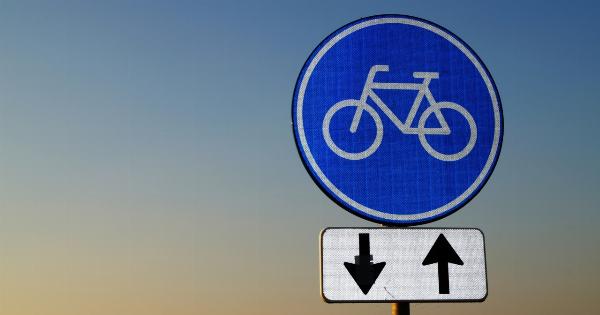Your liver is an essential organ responsible for various functions in your body, including detoxification, metabolism, and nutrient storage. When your liver is struggling or not functioning optimally, it can lead to various health issues.
Identifying the signs early on is crucial for taking prompt action and ensuring your liver’s well-being. In this article, we will discuss ten key indicators that your liver may be struggling.
1. Jaundice
Jaundice is a common symptom of liver struggles and is characterized by the yellowing of the skin and eyes. It occurs when bilirubin, a yellow pigment produced during the breakdown of red blood cells, accumulates in the body.
When the liver is not functioning properly, it may struggle to process bilirubin efficiently, resulting in its buildup and leading to jaundice.
2. Abdominal Pain and Swelling
If you’re experiencing persistent abdominal pain or swelling, it could be an indication of liver struggles. As the liver enlarges or becomes inflamed, it can lead to discomfort and a feeling of fullness in the abdomen.
If you notice unexplained and ongoing abdominal pain, it’s advisable to consult a healthcare professional.
3. Digestive Issues
Liver struggles can manifest as digestive issues such as nausea, vomiting, and diarrhea. The liver plays a vital role in producing bile, a substance essential for the digestion and absorption of fats.
When the liver is struggling, it may not produce sufficient bile, leading to digestive problems.
4. Fatigue and Weakness
Feeling constantly fatigued and weak, even after getting adequate rest, can be a sign of liver struggles. The liver is responsible for regulating energy levels by converting nutrients into usable energy.
When the liver is not functioning optimally, it can affect your energy levels, leading to persistent fatigue and weakness.
5. Changes in Urine and Stool
If you observe significant changes in the color of your urine and stool, it may indicate liver struggles. Dark urine, especially if it is accompanied by pale-colored stools, can be a sign of bile duct obstruction or liver damage.
Bile gives stool its usual brown color, so any disruption in its production or flow can result in noticeable changes.
6. Skin Itching
An itching sensation on your skin that persists can be linked to liver struggles. The liver helps remove toxins from the body, and when it’s not functioning optimally, toxins can accumulate in the bloodstream, leading to itchiness.
The severity of itching can also vary, ranging from mild to intense.
7. Fluid Retention
Fluid retention, characterized by swelling in the legs, ankles, and abdomen, can be another indicator of liver struggles.
Inadequate liver function can lead to a decrease in albumin production, a protein responsible for maintaining fluid balance in the body. Consequently, excess fluid can accumulate, causing noticeable swelling.
8. Changes in Mental Health
Liver struggles can have an impact on mental health and cognitive function.
Conditions such as hepatic encephalopathy, which occur when the liver fails to remove toxins from the blood, can lead to confusion, forgetfulness, personality changes, and even coma in severe cases. If you or your loved ones notice any unusual mental health changes, seeking medical attention is crucial.
9. Unexplained Weight Loss
Sudden and unexplained weight loss can be a red flag for liver struggles. When the liver is struggling, it may result in a loss of appetite and difficulty absorbing nutrients properly.
Additionally, conditions like cirrhosis can also contribute to unintentional weight loss due to metabolic changes in the body.
10. Elevated Liver Enzymes
One of the most reliable indicators of liver struggles is the presence of elevated liver enzymes in blood tests.
When liver cells are damaged or inflamed, they release higher than normal levels of enzymes like alanine transaminase (ALT) and aspartate transaminase (AST) into the bloodstream. Increased levels of these enzymes can suggest liver damage or disease.
Conclusion
Your liver plays a crucial role in maintaining overall health and well-being. Identifying the signs and symptoms of liver struggles early on is essential for seeking proper medical intervention.
If you are experiencing any of the aforementioned indicators, it is advisable to consult a healthcare professional for a thorough evaluation and diagnosis.






























